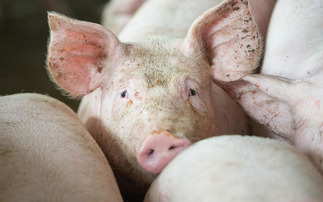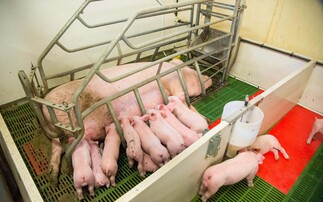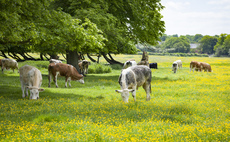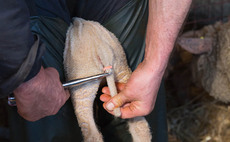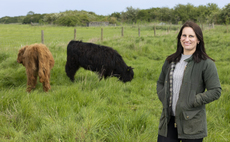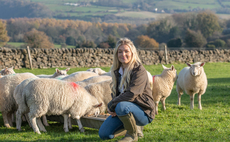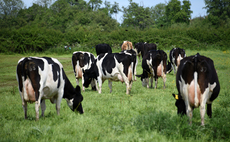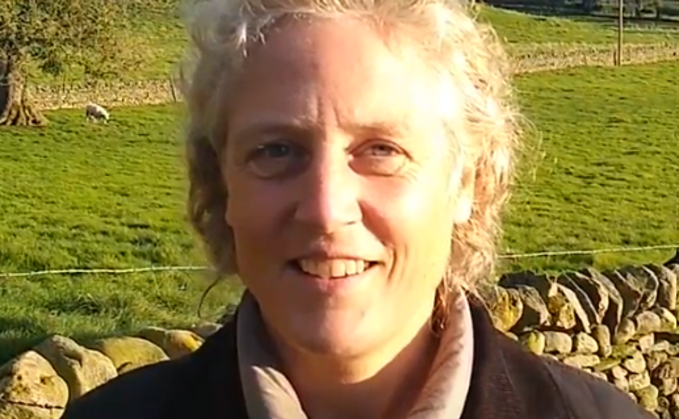
Fiona Lovatt, director and veterinary consultant at Flock Health said: "We know farmers across the country, in and out of the restricted zone, are at the coal face, dealing with daily challenges and disruption due to the BTV-3 outbreak."
A nationwide survey has been launched to understand the impact of bluetongue on farms in the UK.
AHDB, Flock Health Ltd, Ruminant Health and Welfare, and the University of Nottingham have compiled the survey which is seeking views from farmers facing the realities of the virus on farm.
So far, APHA has confirmed more than 95 cases of the bluetongue serotype-3 (BTV-3) have been detected on farms in England.
Fiona Lovatt, director and veterinary consultant at Flock Health, said the survey could provide the industry with a clearer picture of bluetongues' impact on farm.
"We know farmers across the country, in and out of the restricted zone, are at the coal face, dealing with daily challenges and disruption due to the BTV-3 outbreak," she added.
"We want to make sure their experiences and the impact on their animals are captured.
"We need to find out what level of clinical signs farmers are seeing in their animals, whether they are experiencing mortality with BTV-3 cases, and what their appetite is to vaccinate in future for bluetongue serotype-3.
"It is important to note this survey is fully anonymous, so hopefully farmers feel they can share everything they have seen that might be relevant."
The short online survey is open to all livestock farmers, whether they have experienced confirmed cases of bluetongue on their farm or not.
It aims to gather data on the number of animals affected, the severity of clinical signs, and the wider impacts on farm businesses, according to Ms Lovatt.
"It is crucial we listen to our farmers and learn from their experiences," she says.
"Currently a lot of our learnings about the impact of BTV-3 are from our friends in the Netherlands who have had more cases so far, so it is vital we understand if the UK situation differs at all.
"The data collected through this survey will be shared to help inform how the whole industry can best support those dealing with bluetongue, as well as informing preparations for next year's midge season."
The survey is expected to remain open for several weeks.
Farmers are urged to take part in the survey, which can be accessed here.
READ NOW: Back to basics: What is bluetongue?









